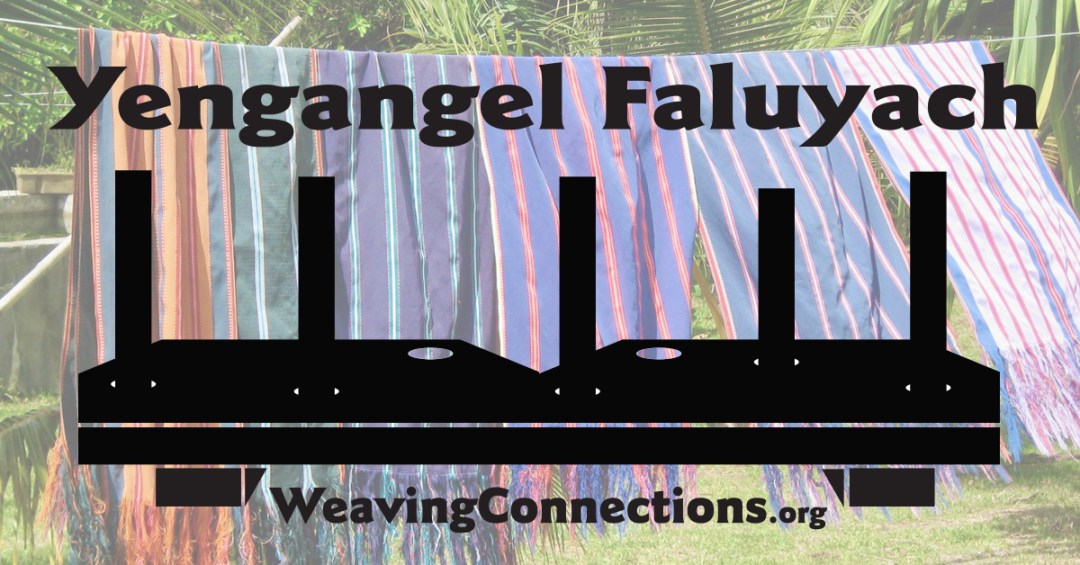Thirty seven teachers and students at high schools across the Federated States of Micronesia have earned certification in robotics operation and instruction. The Robo Certification Challenge was opened by Habele Outer Island Education Fund in December of 2020, offering participating high schools the opportunity to advance their understanding of robotics, and earn cutting edge equipment … Continue reading Schools Across Micronesia Earn Robotics Certification
Robo Day 2021 in Pohnpei, Micronesia
Students from high schools across Pohnpei gathered in mid-April for “Robo Day 2021” to showcase their achievements in Science, Technology, Engineering and Math. The young men and women from Pohnpei, an island in the Federated States of Micronesia, worked throughout the school year in preparation for the competition. Robo Days culminate the school year long … Continue reading Robo Day 2021 in Pohnpei, Micronesia
“Weaving Connections” supports Micronesian Weavers in US Mainland
Beautiful loom-woven textiles of Micronesia display an artistry and technical virtuosity unrivaled elsewhere in the Pacific. Chief among them is the lavalava, a woven skirt from the Outer Islands of Yap State, situated in the Western Caroline Islands. A new website aims to ensure this important cultural skill is preserved among weavers who have moved … Continue reading “Weaving Connections” supports Micronesian Weavers in US Mainland


